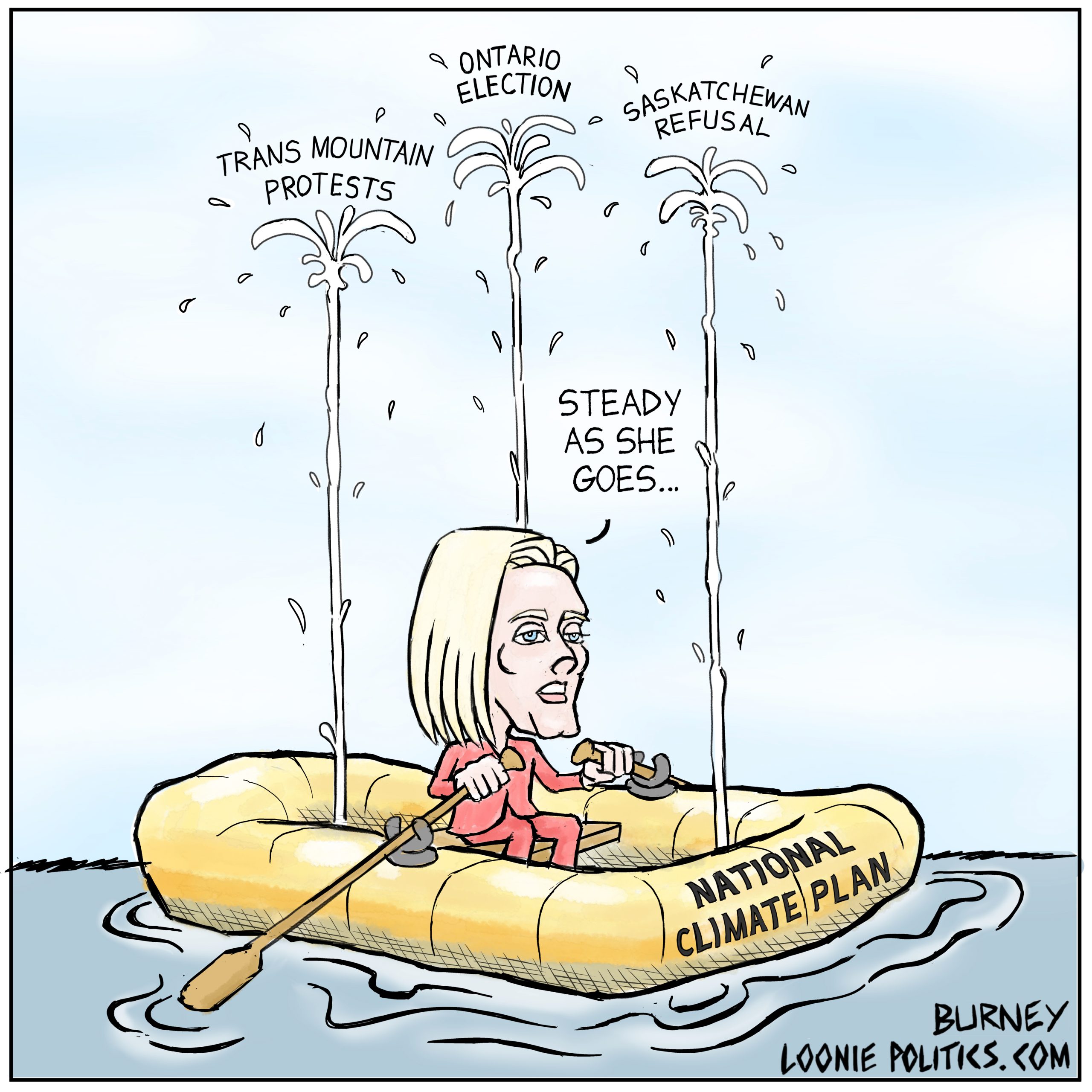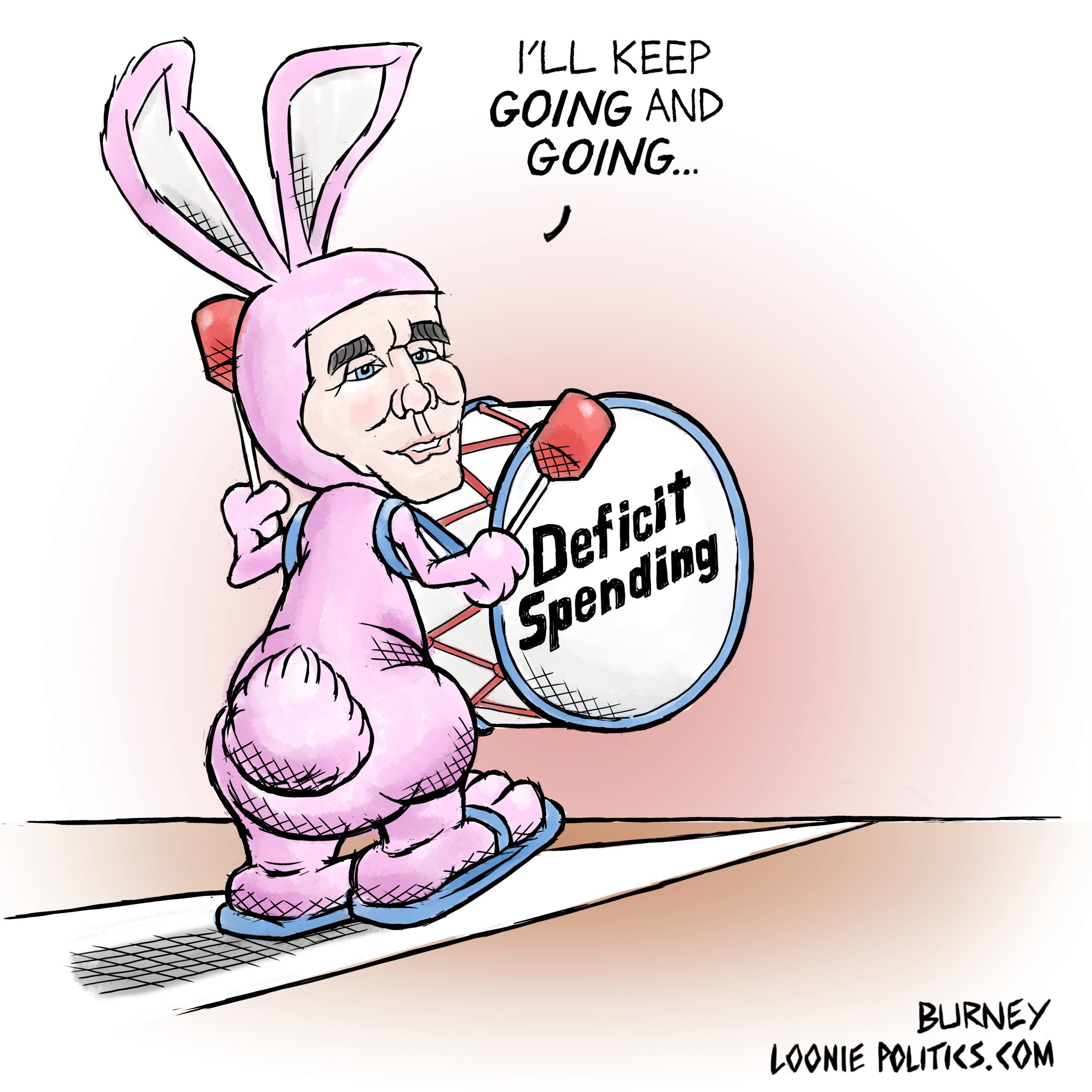Much was made of Canada's new anti-carbon tax coalition in light of recent routs of long-past-their-best-before-date provincial Liberal parties. One pundit, trying to be clever, dubbed them "The Anti-Carbon Tax Avengers!", showing the world that he hadn't been to a movie since 2012. It was observed, in a manner that recalls those Captain Obvious ads for Hotels.com, that the provinces and the federal government do tend to be of different hues, except when they weren't back in 2015. Gerry Butts wrung his hands about how everyone's ganging up on poor Justin while everyone else was too busy screaming "Racist Party Elected In Quebec!!!!" to notice that Premier-elect Legault wasn't interested in playing with Quebec's carbon tax.
This, of course, means that we're going to get column after column for the next year about "COULD CARBON TAXES BE THE BALLOT QUESTION IN ELECTION 2019???!?!?!" which of course will lead Andrew Scheer and the CPC to talk of nothing else. Rather than have to deal with, or acknowledge, the antics of Faith Goldy, Max Bernier, The Rebel and their ilk, Scheer gets to be all smiles as he pals around with his new friends and come up with various low-energy ways to dunk on the Liberals and their doomed revenue tool.
We might see a brilliantly witty photo op where Scheer and the Premiers use a giant novelty axe together to smash a sign marked "Carbon Tax", or Stephen Harper might come out of retirement to form a new jam band with the lot of them as they sing "Na-na-na-na, Hey-hey-hey, Goodbye!" Anything's possible in the wacky world of Canadian politics, folks!
Well, sorry to disappoint, but we won't be seeing any of that because Election 2019 is NOT going to be fought on a carbon tax, despite all efforts. More likely than not, one or more of the aforementioned populists mentioned earlier will stick themselves where they aren't wanted and create a big stinky white-nationalism-flavoured embarrassment and ruin it for everybody.
We got a taste of this when, over the Thanksgiving long weekend, some United Conservative Party candidates somehow found themselves in photos with members of the Soldiers of Odin. Yikes! Better watch yourself, Jason Kenney, or you won't end up in the Anti-Carbon Tax Justice League, or whatever they're called, and then we'll all be stuck reading yet more inspired punditry about how the CPC "snatched defeat from the jaws of victory" by trying to introduce, or by not girding themselves sufficiently against, the intrusion of "Trump-style politics". Womp womp!
Of course, it doesn't have to be like this, but these are Conservatives in Canada we're talking about here. If the simplistic anti-tax avenue is open to them, they'll climb over one another to hurl themselves down it. By doing so, they can tell themselves they're "giving Canadians a clear choice" between the profligate tax-and-spend Liberals (ewwww!) and the parsimonious and harmonious big blue family. They can stay focused on "pocketbook issues" and "sound economic management"! They don't need to get into the weeds on divisive social issues. Sure, those are tempting, but why make things difficult for yourself when the Liberals have so clearly given people a reason to vote against them?
Except this plan has never once worked. Election campaigns in this country ALWAYS turn into fights over divisive and extremely stupid wedge issues, because the people running those campaigns insist on trying to drive those wedges despite saying they won't. And when it goes off the rails, the campaign bosses, who never seem to have expected things to go awry, panic and try to give off the impression that everything's OK.
But thanks to recent events, where the mainstream "accidentally" crossed streams with the fringe and disavowed afterwards, the bosses aren't worried. If Francois Legault can walk the worst of his anti-immigrant excesses back and still win a majority, what possible harm could come from a few awkward selfies? The answer is a lot, because unlike the nearly-dead provincial Liberals, Trudeau's team aren't about to take this double game lying down, and even if they don't, all we have to do is look at New Brunswick, where the PCs could have won a majority and clearly formed government if not for the People's Alliance.
Photo Credit: Jeff Burney, Loonie Politics
Written by Josh Lieblein








